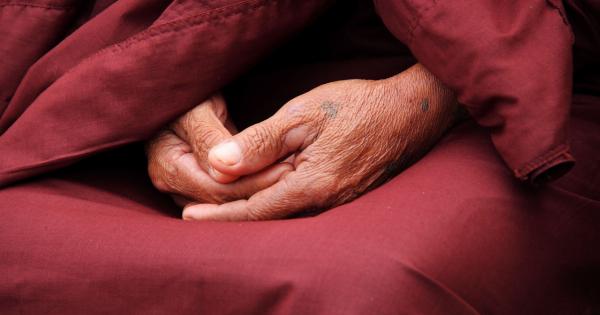The little finger, also known as the pinky finger, is often overlooked when it comes to discussions about personality traits.
While many people believe that certain physical features may be connected to one’s character, is there any truth to the idea that the little finger can provide insight into someone’s personality? In this article, we will explore the relationship between the little finger and personality traits to determine if there is any validity to this belief.
The Pinky Finger and Palmistry
Palmistry, also known as chiromancy, is the practice of reading one’s character and future through the study of the palm. According to palmistry, each finger represents different aspects of a person’s personality.
The little finger, in particular, is associated with communication, creativity, and interpersonal relationships.
Little Finger Types
There are different little finger types according to palmistry, and each type is believed to correspond to specific personality traits:.
1. Straight Little Finger
A straight little finger is often associated with individuals who are practical, logical, and down-to-earth. These individuals value organization and structure, preferring to stick to established routines and plans.
They are often reliable and responsible, making them excellent problem solvers.
2. Curved Little Finger
A curved little finger is believed to be linked to individuals who are imaginative, creative, and artistic.
These individuals often think outside the box and have a natural inclination towards artistic pursuits such as painting, writing, or playing a musical instrument. They embrace change and are often open-minded, making them great innovators.
3. Short Little Finger
Those with a shorter little finger are often associated with being shy, introverted, and reserved. They may take longer to open up to others and prefer smaller social circles.
However, they are often excellent listeners and are highly observant, making them trustworthy confidants.
4. Long Little Finger
A long little finger is often linked to individuals who possess strong communication skills and are persuasive. These individuals are often charismatic, confident, and natural-born leaders.
They excel at public speaking and have a knack for convincing others to see their point of view.
5. Crooked Little Finger
A crooked little finger is associated with individuals who are unconventional, rebellious, and impulsive. They often challenge societal norms and don’t conform easily.
These individuals are often highly independent and strive for freedom in both their personal and professional lives.
The Scientific Perspective
While palmistry and the belief in finger-personality connections have been around for centuries, there is little scientific evidence to support these claims.
The idea that the little finger can reveal specific personality traits lacks empirical support and is largely considered pseudoscience.
Personality Traits and Genetics
Personality traits, on the other hand, do have a strong genetic component. Studies have shown that certain traits, such as extroversion or introversion, may have a hereditary basis.
However, these genetic influences are complex and involve multiple genes rather than being tied to a single physical feature like the little finger.
Non-Physical Factors Shaping Personality
Personality is also shaped by various environmental and psychological factors. Factors such as upbringing, education, life experiences, and individual psychology play fundamental roles in shaping a person’s character.
These non-physical factors have more substantial and well-documented connections to personality than the physical features such as the little finger.
Embracing Individuality
It is crucial to remember that every individual is unique and cannot be solely defined by physical features or generalizations.
While the little finger might not provide any reliable indication of someone’s personality traits, it is essential to appreciate the complexity and individuality of each person.
Conclusion
Although palmistry suggests a connection between the little finger and personality traits, the scientific evidence supporting this belief is lacking.
Personality is shaped by a multitude of genetic, environmental, and psychological factors, and cannot be accurately determined based on a single physical feature. Embracing the uniqueness of each individual is essential in understanding and appreciating the complexities of human personality.




























